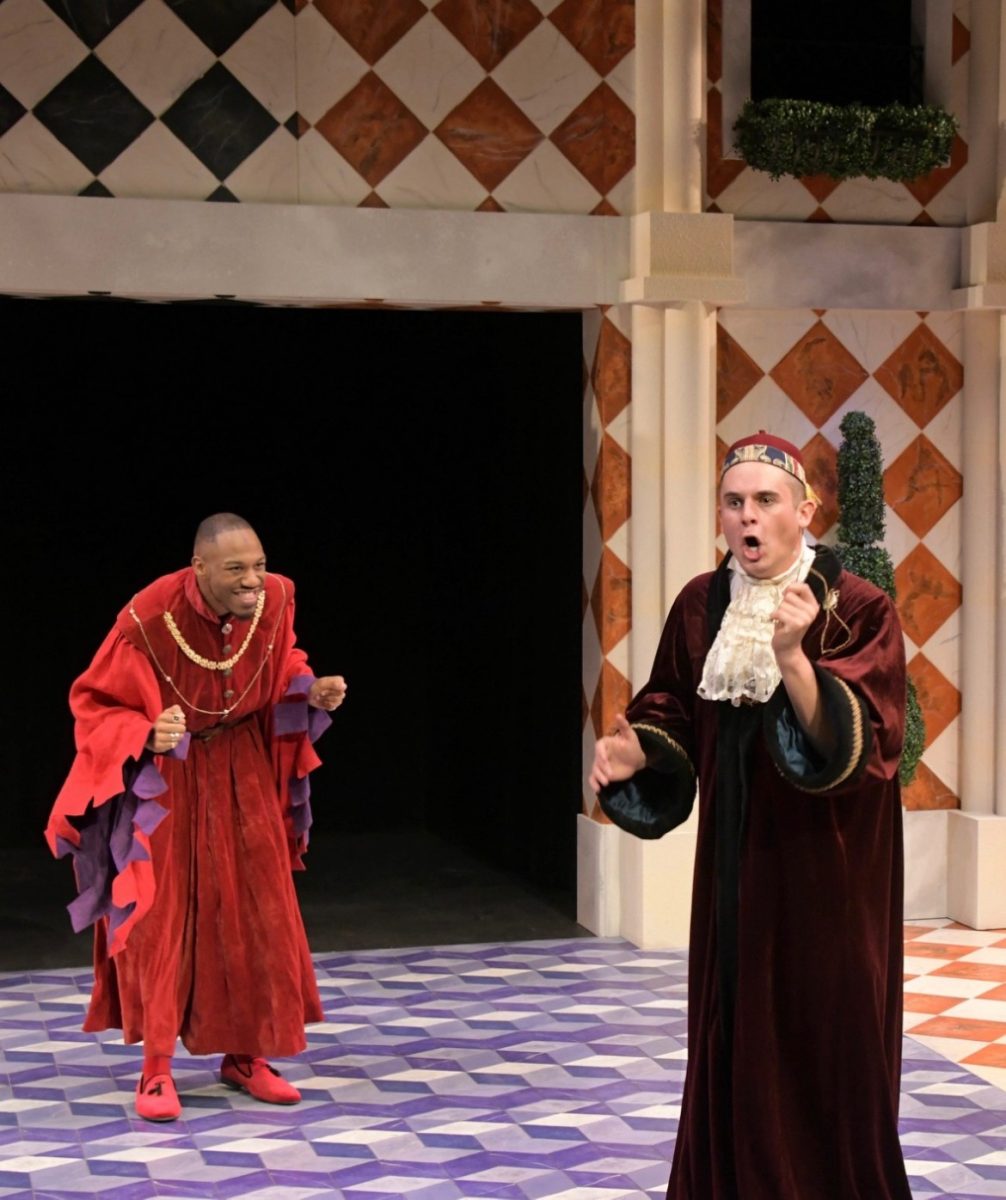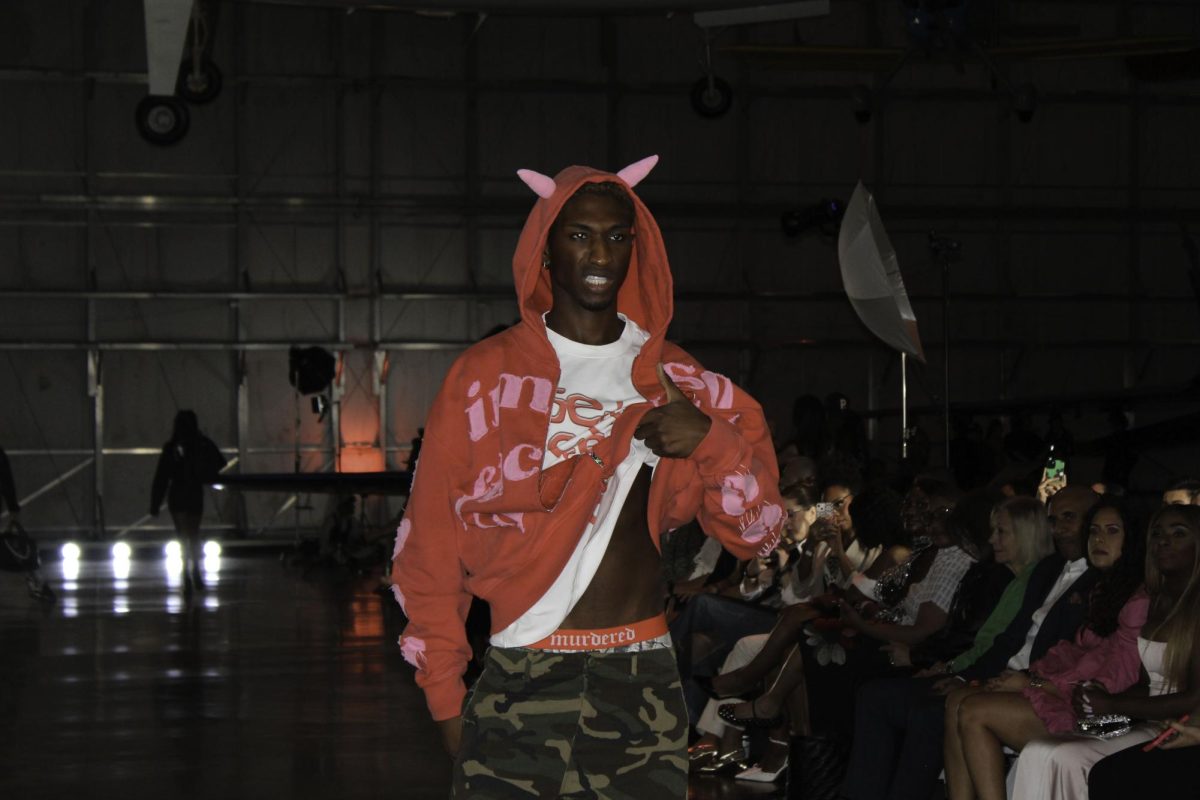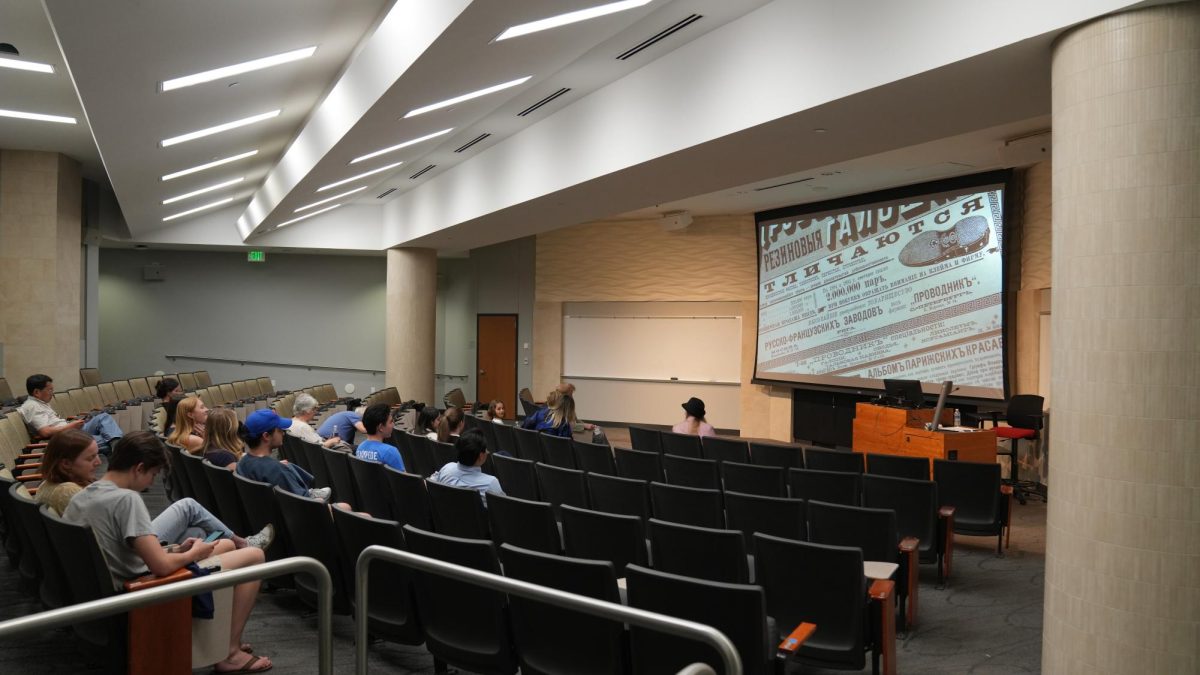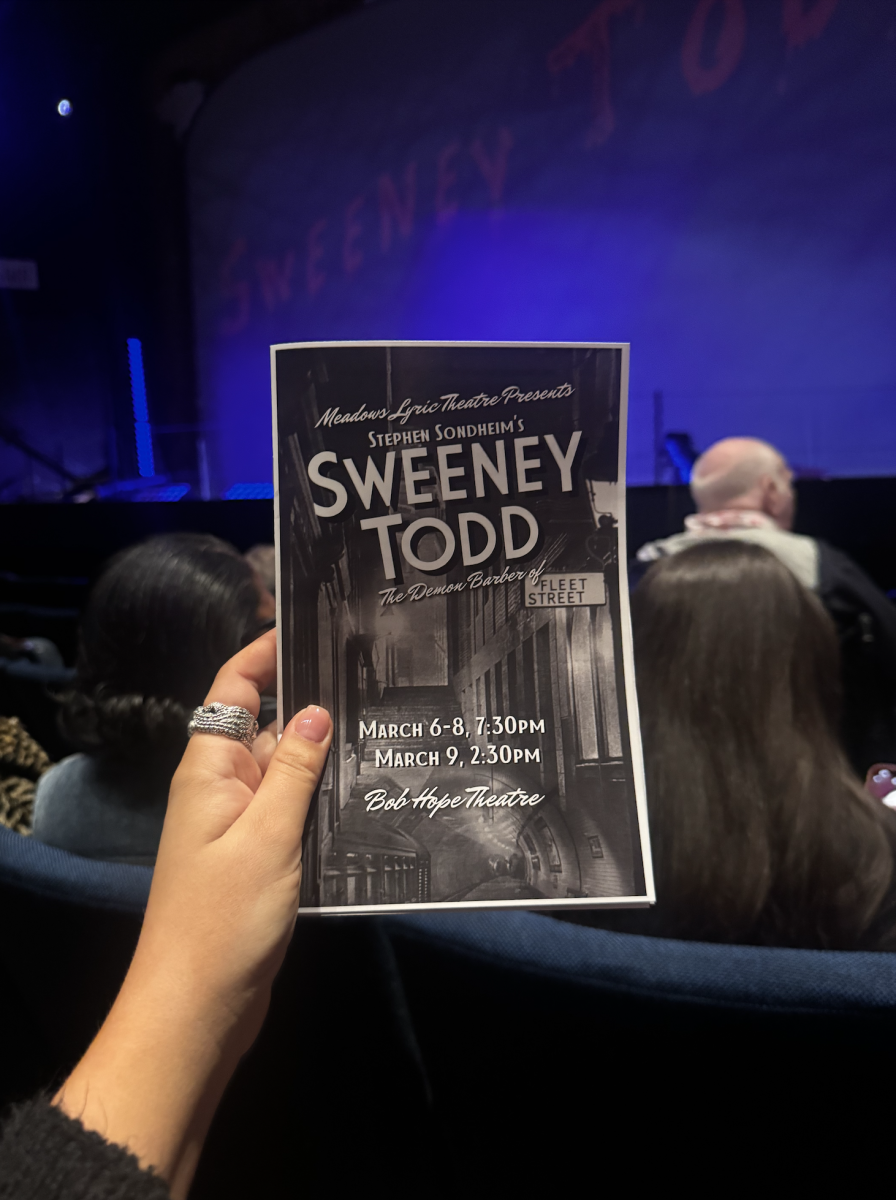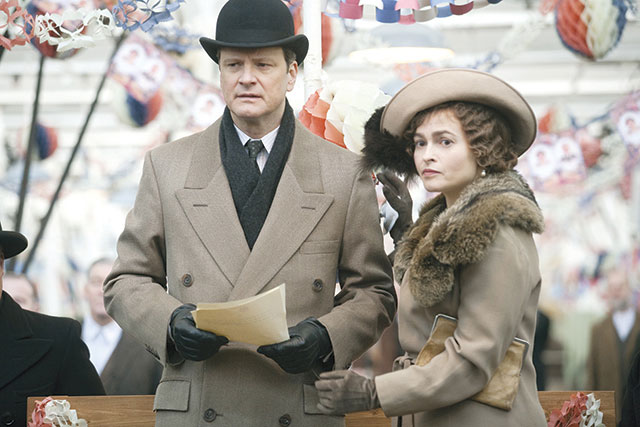
Based on the truly astonishing story of King George VI, the Weinstein Company’s newest release, “The King’s Speech,” features Collin Firth as the stammering Duke of York whose wartime speeches brought him to fame during World War II.
The film focuses on Firth’s journey to vocal freedom. His character is plagued by a barrage of speech impediments. With a remarkable cast of supporting characters, it is clear that Firth is far from alone.
Playing Firth’s constant crutch and King George VI’s wife Elisabeth, Helen Bonham Carter shines in the understated, yet overwhelmingly important, role of Firth’s habitual sideline cheerleader.
The film is perhaps Bonham’s best performance yet. Her portrayal of Queen Elizabeth allows for the actress to step out of the gothic niche that she has been cast to in her recent roles.
One almost forgets how delicate of an actress Bonham can be when given the right character to play.
Geoffrey Rush delivers a true standout performance in the film as the charmingly stubborn speech therapist, Lionel Logue.
Rush channels both his comedic and dramatic acting abilities, as both are necessary to coax the bullheaded Firth into accepting Logue’s sometimes unorthodox ways of curing his speech impediment.
What sets “The King’s Speech,” away from the crowded genre that is the historical biography picture, is the blunt, creative camerawork that the film’s director, Tom Hopper, exhibits. In a film mainly about the subject of speech, one would expect for the dialogue to be rather paced.
Usually, when a director is faced with this sort of fast moving dialogue, he or she would utilize long takes and try to compact the scene into one cut.
However, Hopper’s approach involves cutting the scene into short takes and shooting the actors in opposite thirds of the frame. This bluntness in directorial decision is both good and bad for the film.
The good: it accentuates the difference of speech between Firth and his supporting cast; the bad: frankly, it gets annoying.
To further along the dramatic narrative, Hopper highlights the ongoing family drama that Firth and his royal family encounter.
The film tries its best to make Edward and his partner as an antagonist but ultimately you realize that the couple is not the villain: they are just free spirits.
Quintessentially, just like King George VI, they too are trying to be freed from the burdens associated with being the British royal family.
The film’s lack of serious drama is perhaps its only downfall.
Without any real hurdles to clear beside himself, the absence of any physical drama morphs the film from a nitty-gritty drama, to a movie that resembles the likes of Seabisquit.
There is no doubt that the trio of actors, Firth, Bonham-Carter and Rush, will all be nominated heavily come awards season.
With “The King’s Speech” already grabbing top honors at for Best Independent Film at the British Independent Film Awards, the Oscar nominations are sure to pour in.
As a whole, “The King’s Speech,” is a timeless story that is both uplifting and intriguing without being terribly bland.
The film could have easily been made as another stale table cracker of a historical biography but Hopper’s artistic direction breaks the normal conventions associated with the genre.
“The King’s Speech” takes its audience’s spirits to new heights from the very first of Firth’s mottled introductory speech, to his final triumph at the peek of a war.
“The King’s Speech,” reigns supreme as a film crowned for sure success.



